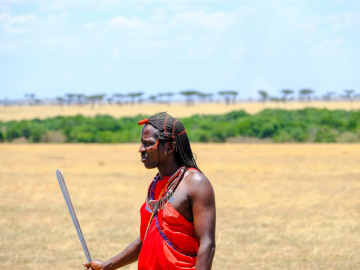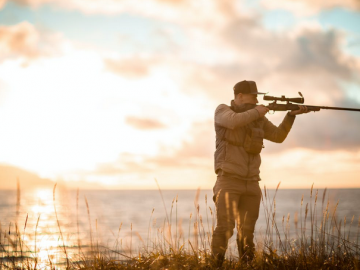Africa is a dream location because of its breathtaking landscapes, diverse ecosystems, and rich wildlife. These factors and more make it a paradise for animal lovers and wildlife enthusiasts. From the majestic Big Five to the vibrant array of bird species, African countries offer unparalleled opportunities for wildlife viewing and immersive safari experiences. In this article, we’ll delve into what makes African countries the best tourist locations for animal lovers, highlighting the unique attractions and experiences that draw visitors from around the globe.
Rich Biodiversity
African countries boast some of the most diverse and abundant wildlife populations on the planet. From the vast savannas of East Africa to the dense rainforests of Central Africa, each region is home to a unique array of species, including iconic mammals such as elephants, lions, giraffes, rhinos, and leopards. In addition to the Big Five, Africa is teeming with other fascinating animals, including cheetahs, zebras, wildebeests, hippos, and a myriad of bird species, providing endless opportunities for wildlife enthusiasts to observe and photograph wildlife in their natural habitats.
Spectacular Natural Habitats
African countries are blessed with an array of spectacular natural habitats that serve as the backdrop for unforgettable wildlife encounters. From the vast Serengeti plains of Tanzania to the lush Okavango Delta of Botswana, each ecosystem offers a unique setting for wildlife viewing, from grasslands and wetlands to forests and deserts. Whether exploring by vehicle, foot, or boat, visitors can immerse themselves in the magnificence and diversity of Africa’s natural landscapes while observing its resident wildlife.
World-Class National Parks and Game Reserves

Africa is home to an extensive network of national parks, game reserves, and protected areas that are dedicated to conserving its diverse wildlife and habitats. These parks present visitors with the possibility to experience some of the continent’s most iconic wildlife destinations, including the Maasai Kruger National Park in South Africa, Mara National Reserve in Kenya, and Serengeti National Park in Tanzania. With expert guides and well-maintained infrastructure, visitors can embark on guided safaris and game drives to explore these pristine wilderness areas and encounter Africa’s incredible wildlife up close.
Conservation and Ecotourism Initiatives
Many African countries are committed to conservation and sustainable ecotourism practices, ensuring that wildlife and natural habitats are safeguarded for future generations to enjoy. Conservation organizations, wildlife reserves, and community-based ecotourism projects work together to promote responsible tourism practices, support local communities, and preserve biodiversity. Visitors to African countries can participate in eco-friendly safaris, guided nature walks, and conservation initiatives, contributing to the protection of wildlife and the preservation of fragile ecosystems.
Cultural Immersion and Experiential Tourism
In addition to its abundant wildlife, Africa offers visitors the opportunity to immerse themselves in rich cultural experiences and interact with local communities. Many African countries are home to diverse ethnic groups with vibrant traditions, languages, and customs, providing visitors with a unique cultural tapestry to explore. From visiting traditional villages and markets to participating in cultural ceremonies and culinary experiences, travelers can gain insight into the fascinating cultures that coexist alongside Africa’s wildlife.
African countries stand out as premier tourist destinations for animal lovers due to their rich biodiversity, spectacular natural habitats, world-class national parks, conservation initiatives, and cultural experiences. Whether embarking on a safari adventure in search of the Big Five, exploring remote wilderness areas, or engaging with local communities, visitors to Africa are treated to an unforgettable blend of wildlife, nature, and culture. By understanding what makes African countries the best locations for animal lovers, travelers can embark on transformative journeys that celebrate the beauty and diversity of the natural world.…
Read more


